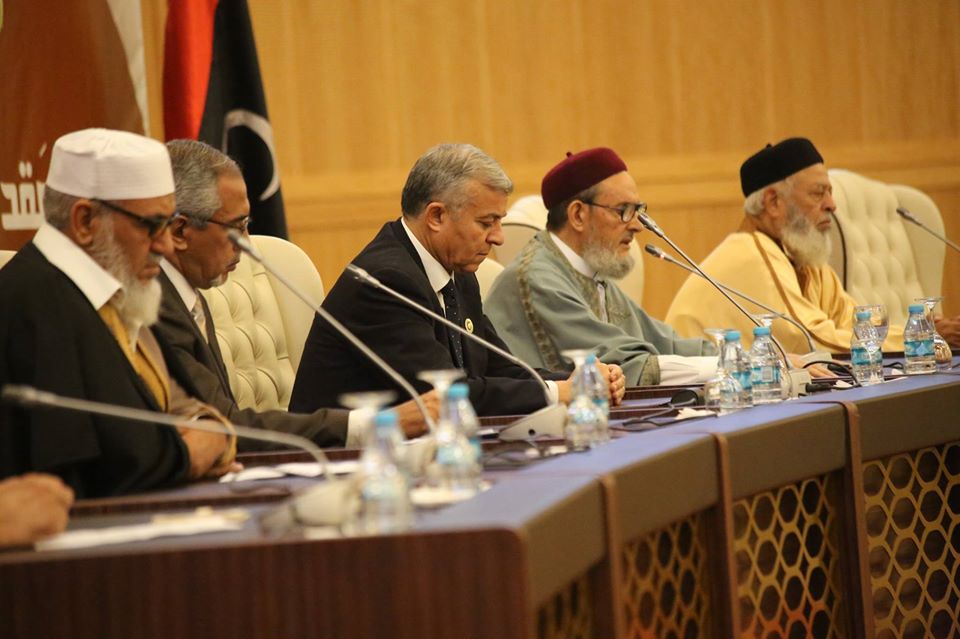By Libya Herald staff.
Tripoli, 20 November 2014:
Ansar Al-Sharia in Derna and Benghazi have planned and carried out a . . .[restrict]series of terrorist attacks and played a pivotal role in extremist networks stretching from Iraq and Syria to Mali, the United Nations has said.
In categorising Ansar in Derna and Ansar in Benghazi as two distinct but linked entities, the UN has listed a series of atrocities for which the groups are responsible. The discosure followed the UN’s announcement that the two affiliated terror organisations had been added to its Al-Qaeda sanctions list.
It said Ansar Al-Sharia in Benghazi and Derna were responsible for the attack against US diplomatic buildings in Benghazi, which resulted the death of four American citizens, including US ambassador Christopher Stevens.
Both groups, the UN said, controlled several terrorist training camps. These camps benefited Al-Qaida-associated groups operating in Syria and Iraq and, to a lesser extent, in Mali.
At least 12 of the 28 individuals involved in the In Amenas attack in Algeria in 2013 were trained during the summer of 2012 in camps run by Ansar Al-Sharia in Benghazi, the UN said.
It explained that despite Ansar in Benghazi’s announced support of Al-Qaida in 2012 the group had carried out “many terrorist attacks and assassinations,” without claiming responsibility. The group had been “targeting local security forces in Benghazi, and is responsible for hundreds of victims”. Its decision not to claim responsibility, the UN said, was out of a desire to “present itself as a credible actor on the Libyan political scene”.
Similarly Ansar Al-Sharia in Derna was said to have undertaken many attacks against security forces in the region of Derna. Again the UN said the group had not claimed responsibility for the attacks.
The two Ansar affiliates cooperated in the preparation of the first suicide attacks in Libya on 22 December 2013 near Benghazi, the UN said.
The groups have long reaching ties with other extremist, Islamist groups across the region including the Islamic State of Iraq and the Levant (ISIL), Al-Qaeda, Al-Qaeda in the Islamic Maghreb, The Libyan Islamic Fighting Group, and Ansar Al-Sharia in Tunisia amongst others.
The UN is still debating how to deal with sanctions against those deemed to have “obstructed peace” in Libya. Yesterday’s addition of Ansar to the Al-Qaeda sanctions lists allows the international body to deal with the extremist group separately.
[/restrict]







